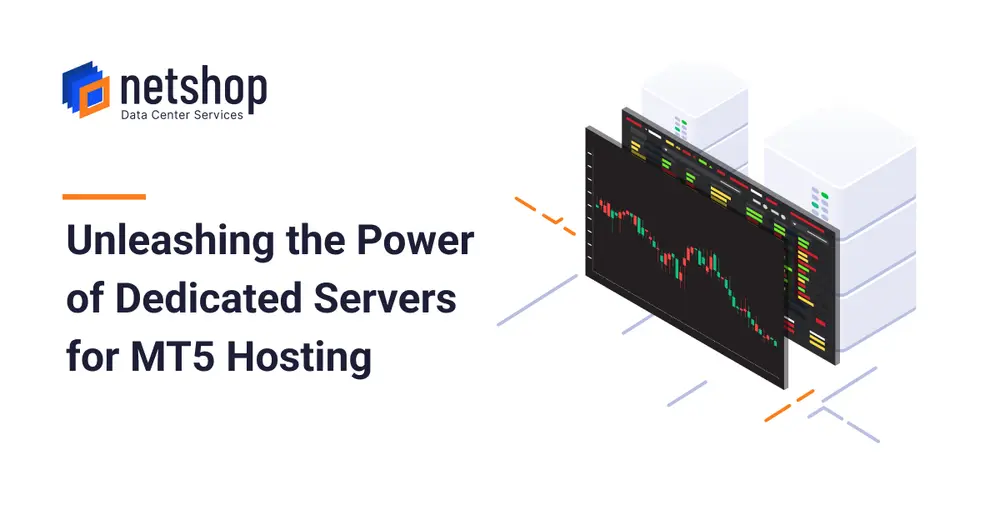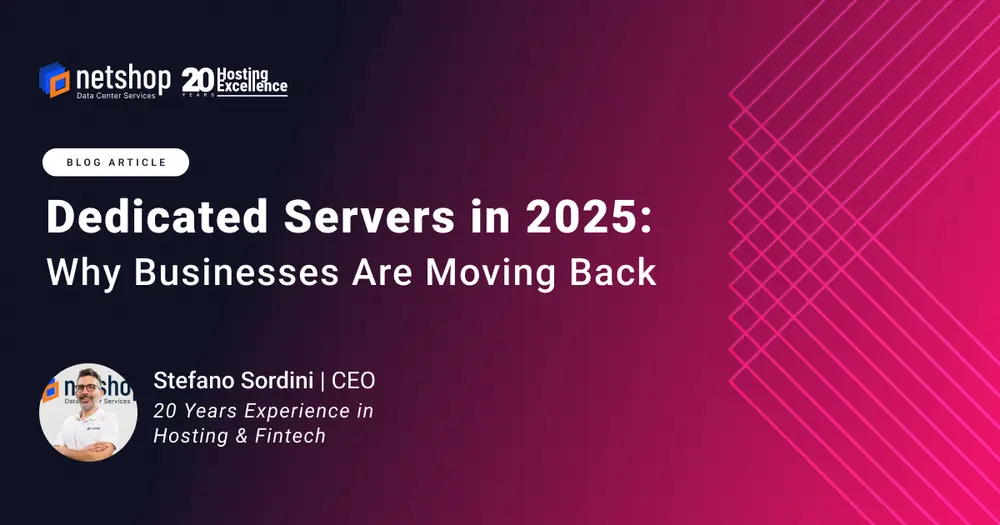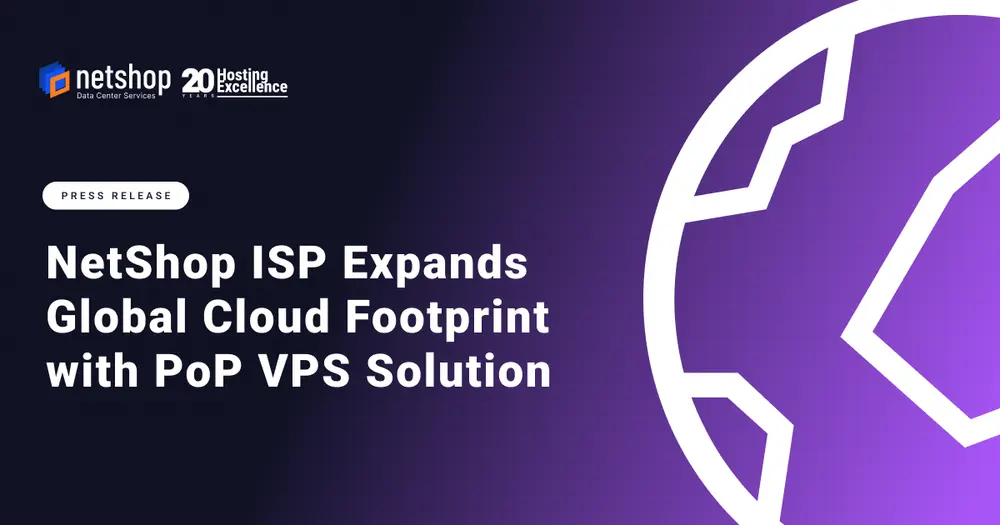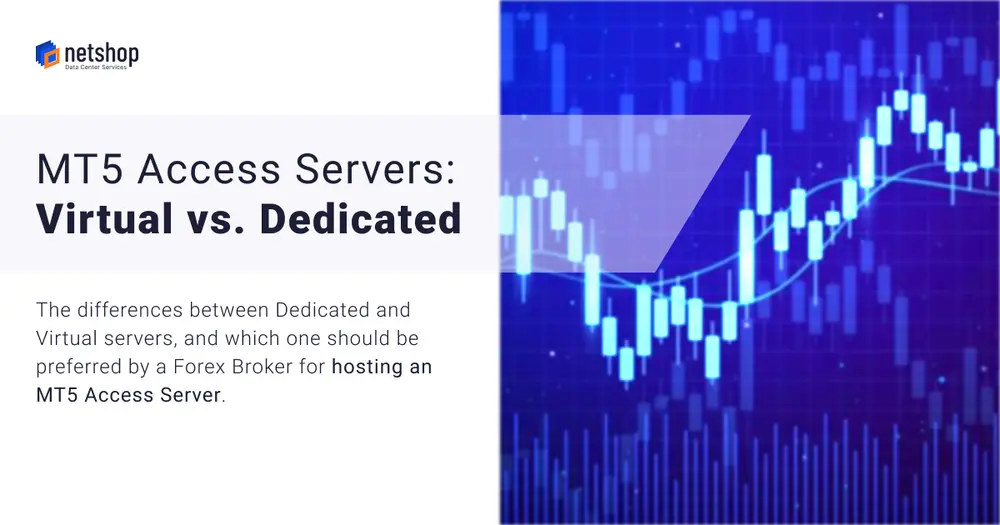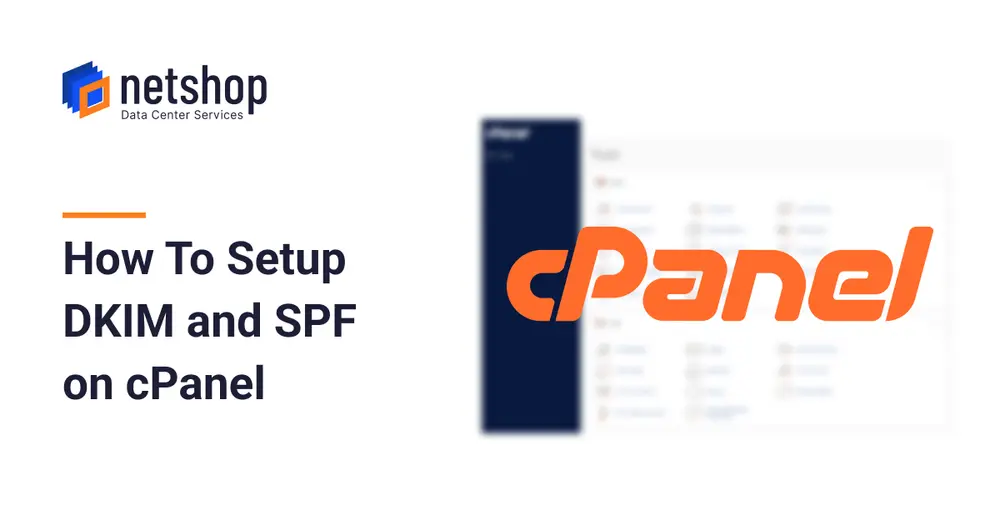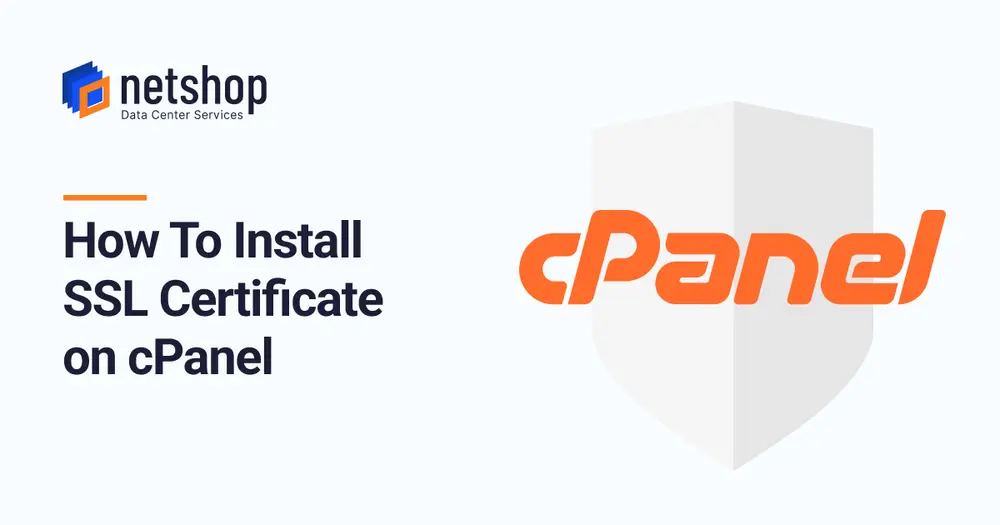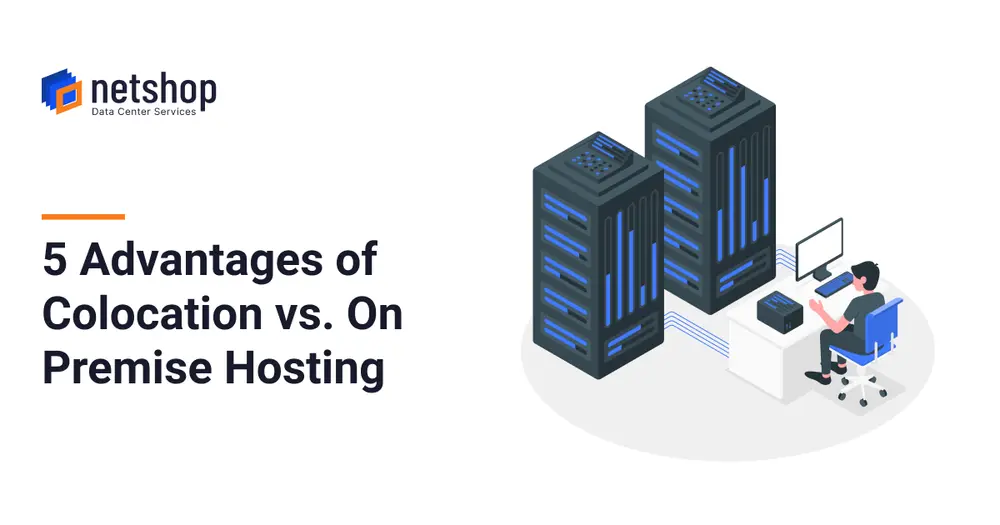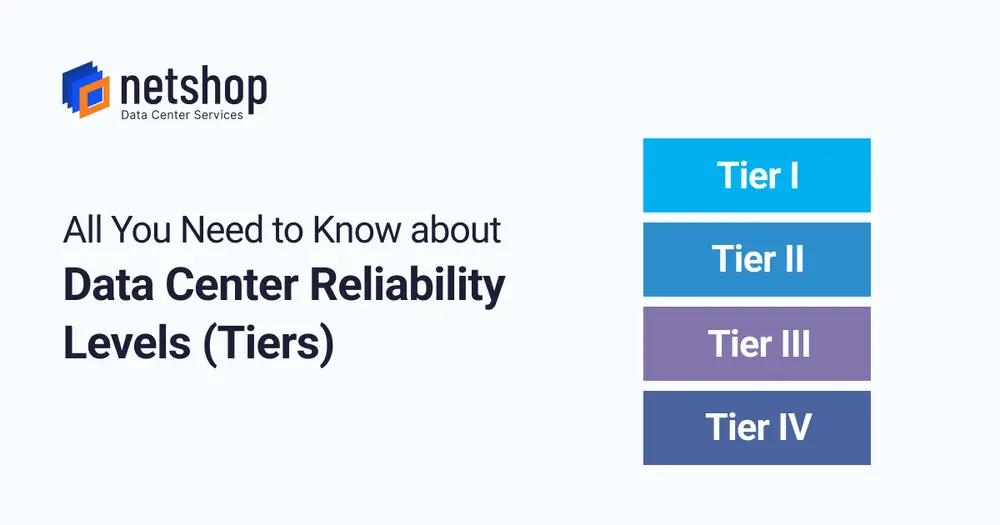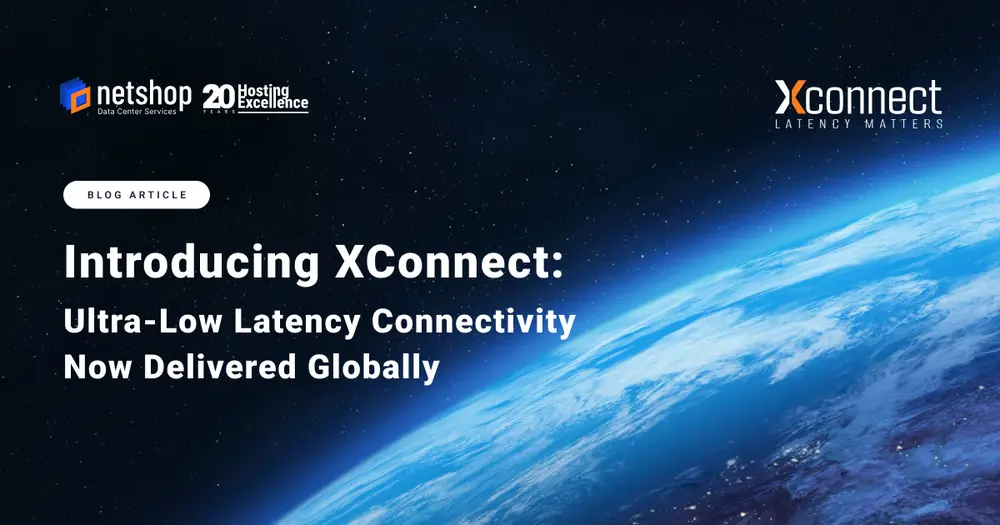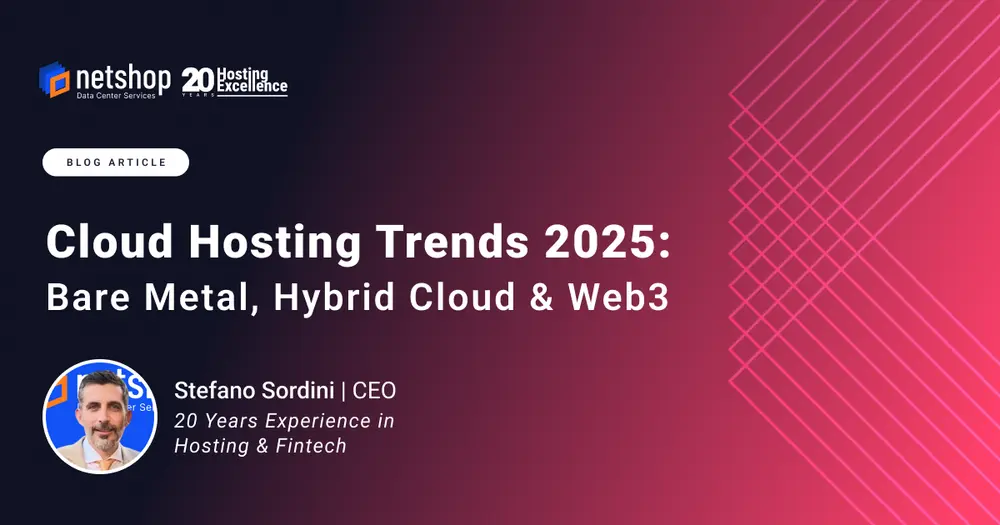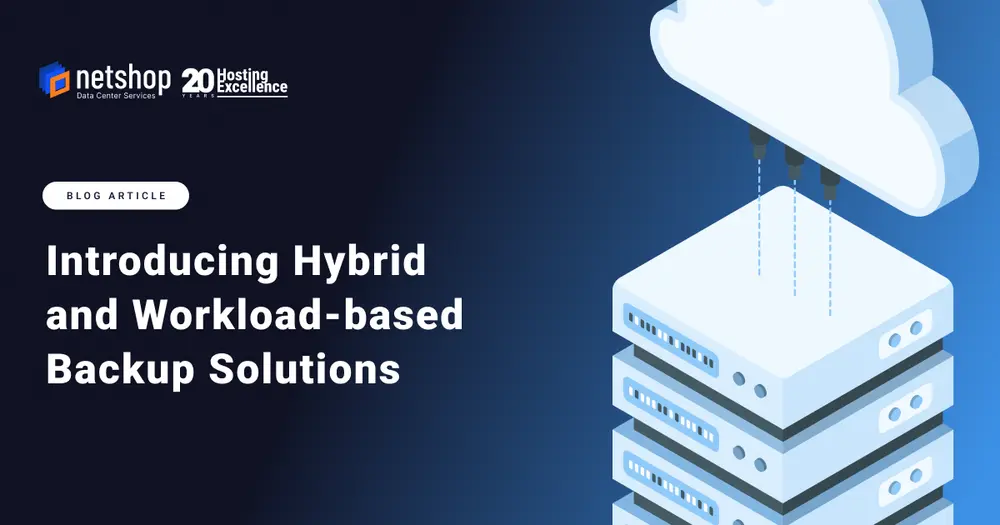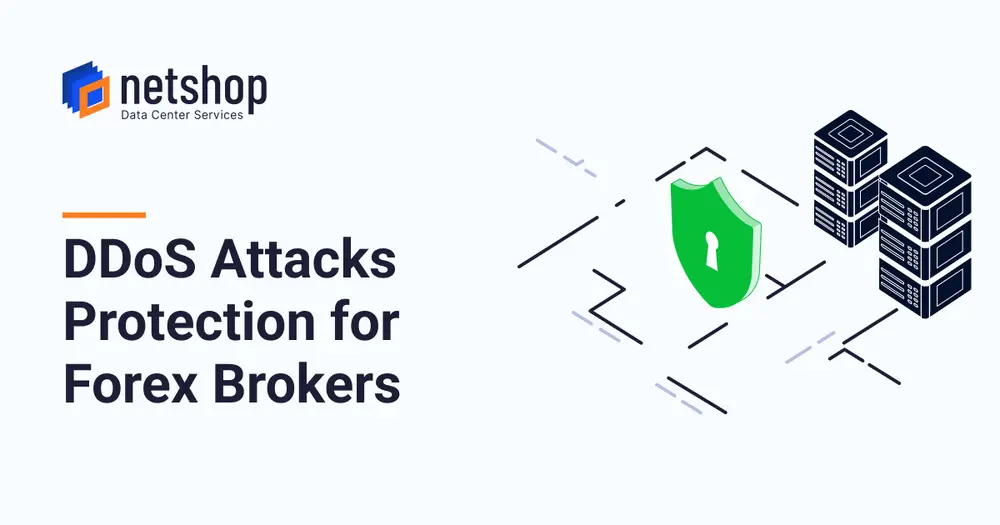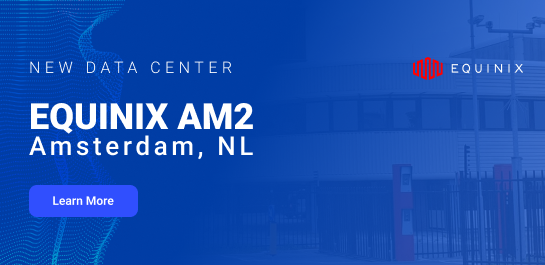Data centers prioritize security about all else when they launch. It is the most important investment for entrepreneurs who want to start a data center to cater to the millions of data that need to be stored in a safe place. But of course, there is always room for improvement. There is always something people can do better to improve security.
That is exactly what Google wants to achieve through its OpenTitan chip. The tech giant wants to ensure that security for every data center will be top-notch. OpenTitan is described as “the first open source project building a transparent, high-quality reference design and integration guidelines for silicon root of trust chips.”
OpenTitan aims to achieve security through transparency. This is achieved by empowering the community to be proactive and handle its own audit. By evaluating and assessing among themselves, security is heightened. Also, the main goal of this service is not the profit. Developed by specialists form Google, ETH Zurich, Western Digital, among others, OpenTitan is committed to development and academic expansion.
Cheaper data center, too
In general, OpenTitan wants to make computing cheaper. One of those that will reap the benefits of cheap computing is the data center. Experts say, though, that it would take time before data centers will actually experience the benefits that OpenTitan promises to give. However, those in the Google inner circle can already enjoy the advantages of cheaper and more secure service through the security chip called Titan the company launched in 2017.
The power behind OpenTitan is reportedly based on Google’s famous Pixel phones. Every Pixel phone has a chip with its own security factors. The key payment and authentication data are secured in this chip. It is also here that decryption and encryption processes are made. This makes the phone unhackable. Let’s say a hacker gets into a person’s information in the cloud. But the most important data—the payment and authentication information—are in the chip. There is no way a hacker could get those kinds of information.
Other tech companies like Apple and Intel have their own versions of the software. Google, though, wants a unified system for all, hence, the OpenTitan.
Open source platform
There is always that notion that security is almost a guarantee when it comes to open source platforms because there is that implication that people are vigilant. But it doesn’t have to always be the case. This is why security should still be in the forefront of any software or tech development.
Security testing is not common in the continuous integration part of the process, said Erica Brescia, the COO of GitHub, during the Open Source Summit 2019.
Open source has really changed the operations and management of data centers. In the case of OpenTitan in data centers, it will authenticate the machine that handles data center processing. It will have its own set of audit records and security services—its own chip so to say. One can immediately surmise that at the processing level, data are already unhackable.
How cost-efficient is data center operations?
Turnover for data centers is quite high especially in the U.S. where there are over three million of them. Data centers are being put up for sale in increasing rate but entrepreneurs are also itching to buy them. Of course, you don’t get the data being stored. When you buy a data center, you usually get the building. In some cases, equipment will be part of the deal. However, most entrepreneurs would never trust another group of individuals owning their equipment because there will always be a chance that some data will inexplicably be left behind. It’s a dangerous security situation.
In the general sense, it is still unclear whether a data center is practical to operate. On the one hand, capital outlay and operational expenses are going to be a bust—it costs a lot to run a data center. On the other hand, there is always a steady stream of clients for data centers because majority of the population are always on their mobile phones. That means they rely so much on digital information and they will always need a place to store them.
